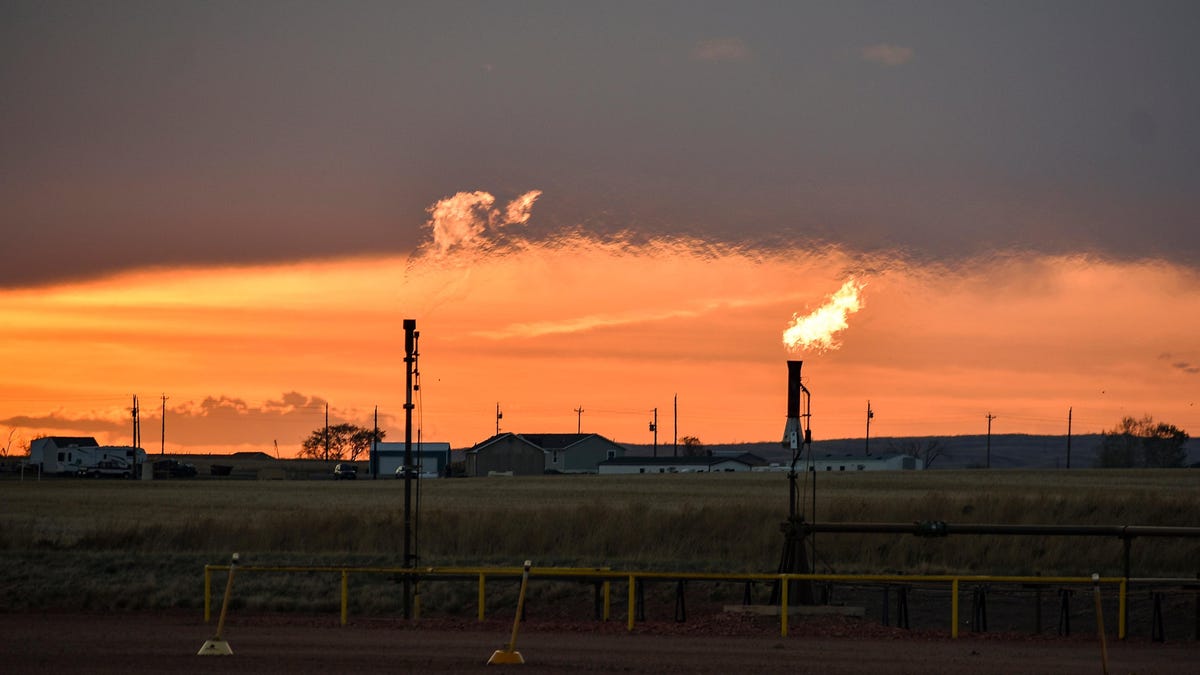
Costa Rica and Denmark want to ensure that the world stops using fossil fuels as quickly as possible. According to reports, the two countries have formed an alliance of nations committed to establishing a date for global fossil fuel production and usage.
Advertisement
According to Reuters, details are still not finalized for the idea, which the countries call the Beyond Oil and Gas Alliance, (BOGA) at the moment. The agency that broke the story viewed drafts of the alliance. According to the two countries, the draft Reuters had seen could be changed before the plan is rolled-out at the COP26 meeting in Glasgow (Scotland) this fall. The idea is definitely promising.
Nearly 60 countries have a net zero emission pledge in the ether. However, only six have actually made a law. The rest are either in policy documents or political statements. Only a few countries have banned new fossil fuel production or exploration. A report by the International Energy Agency published earlier in the year stated that fossil fuel exploration must stop by 2022 to maintain global warming as per the Paris Agreement targets. This highlights the importance of all countries working together to stop fossil fuel production.
According to Dan Jorgensen, Danish Minister for Climate and Energy Dan Jorgensen, we are currently in a paradoxical position where many countries have committed to becoming carbon neutral but still plan to produce oil and natural gas after that date.
According to Reuters countries must set clear targets to stop oil and gas production, and prohibit new exploration, to be eligible to join the BOGA club. If countries take steps to limit fossil fuel financing and reform fossil fuel subsidies, they could be promoted to the second-tier.
Denmark and Costa Rica are the ideal team to lead this effort. Although Costa Rica does not produce fossil fuels, its leadership has been long recognized as it sets aggressive decarbonization goals. Denmark, one of the biggest producers of oil in Europe, became the second country to ban fossil fuel extraction and exploration last year. According to Reuters, New Zealand said that it is currently learning more about the initiative. Although the level of interest by countries in joining the alliance is not clear, it's possible for a lot of countries to join.
The Beyond Oil and Gas Alliance announced by Costa Rica and Denmark could signal a shift in global geopolitics regarding fossil fuels and climate. BOGA, if it is honest and ambitious, will create momentum for countries to join, redefine climate leadership and keep fossil fuel production central in climate discourse, pressure laggards and support countries from the Global South to develop on a new path. While we are still waiting for the details, we hope that it will be a forum for international cooperation to address the industry's unsustainable production plans.
Advertisement
Rafalowicz stated that we are in such dire circumstances when it comes to climate, that the Paris Agreement requires all of its help. The Paris Agreement, the world's most important climate agreement, does not address fossil fuel production. This is what's worsening climate crisis. T he United Nations found that the worlds governments are currently on track to produce 120% more fossil fuels by 2030 than we can burn under the 1.5- degree- Celsius (2.7-degree-Fahrenheit) target in the Paris Agreement . A BOGA agreement or similar fossil fuel nonproliferation treaty is almost essential in order to ensure that the world does not produce more fossil fuels and simultaneously tries to reduce its dependence on them.
He said that it should be more than just a forum to backslap and greenwash. It must also work together to move all countries, producers large and small, rich or poor, towards our common climate goals. The key test for international cooperation is whether they have science-based goals and targets. Are they clear and consistent in their rules? Have they taken into account global equity? A commitment from Denmark, for example, is very different from one from Nigeria. Is there a plan by BOGA to support and engage producers from outside Europe? These are all questions that remain unanswered around BOGA. However, for those of you who have been campaigning for an international system to address the problem of the proliferation fossil fuels, this is at least a first step in the right direction.
